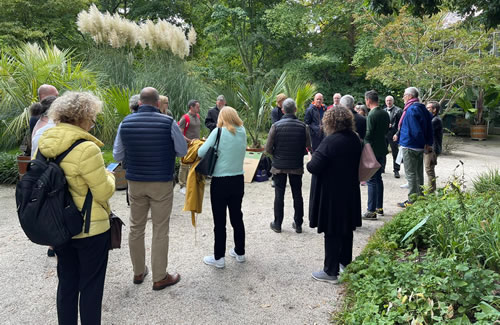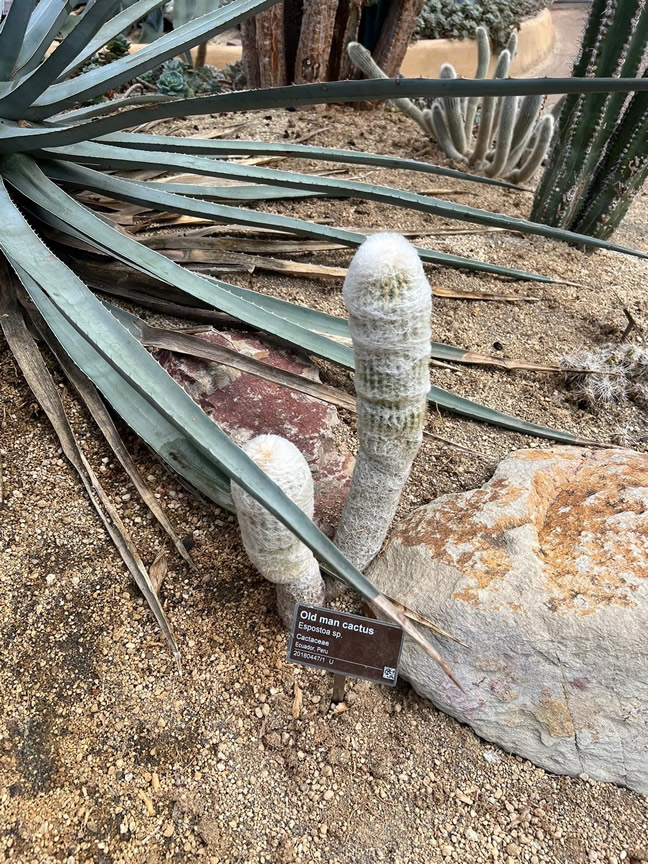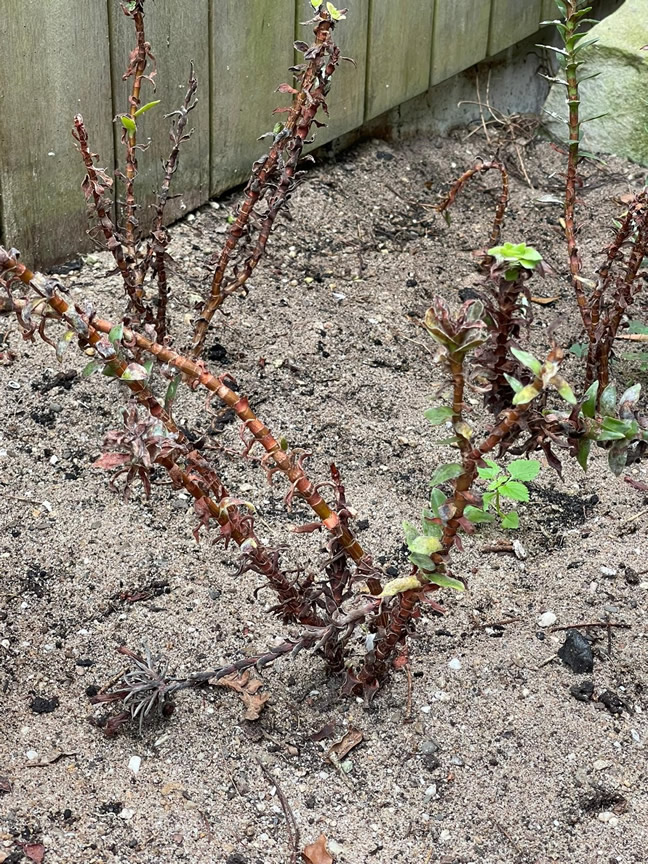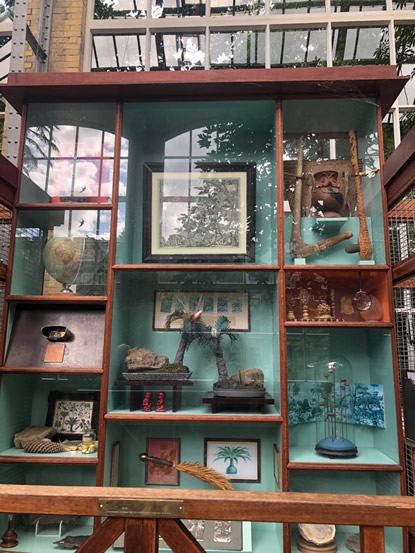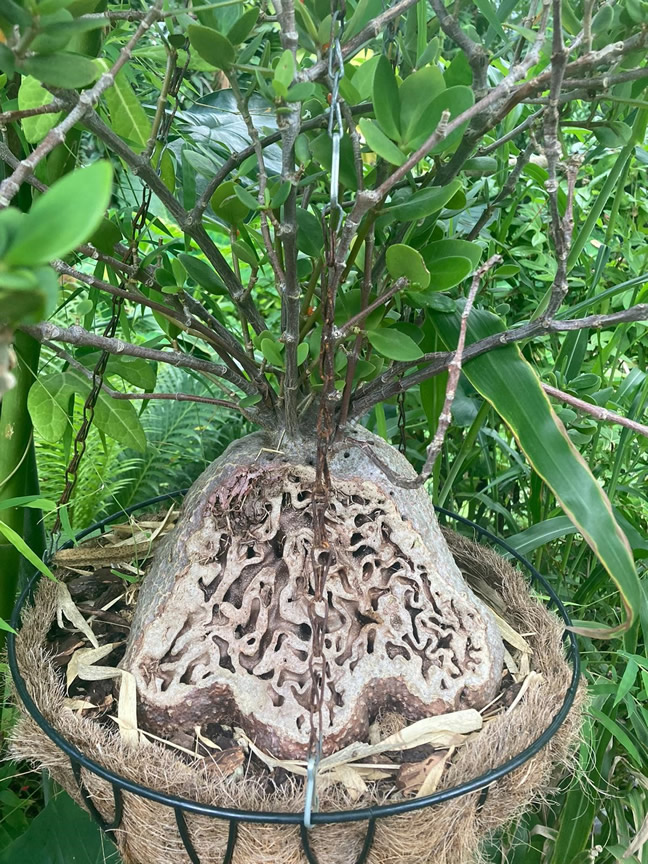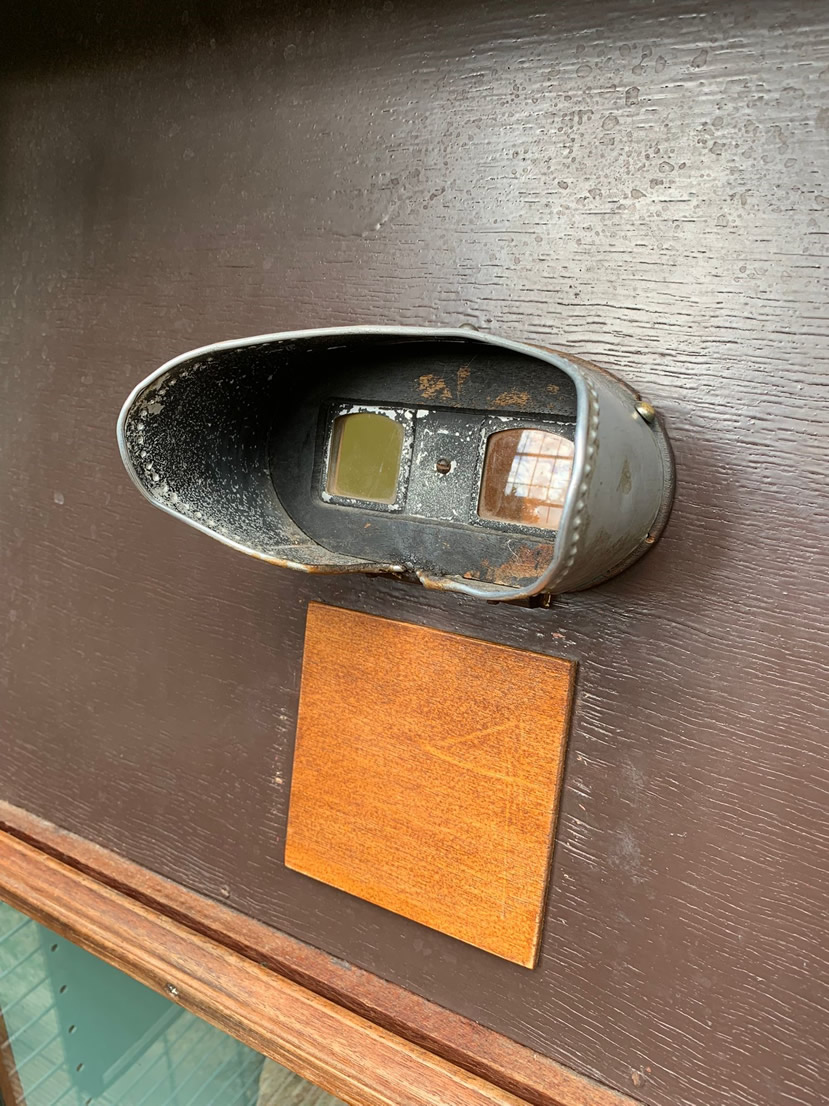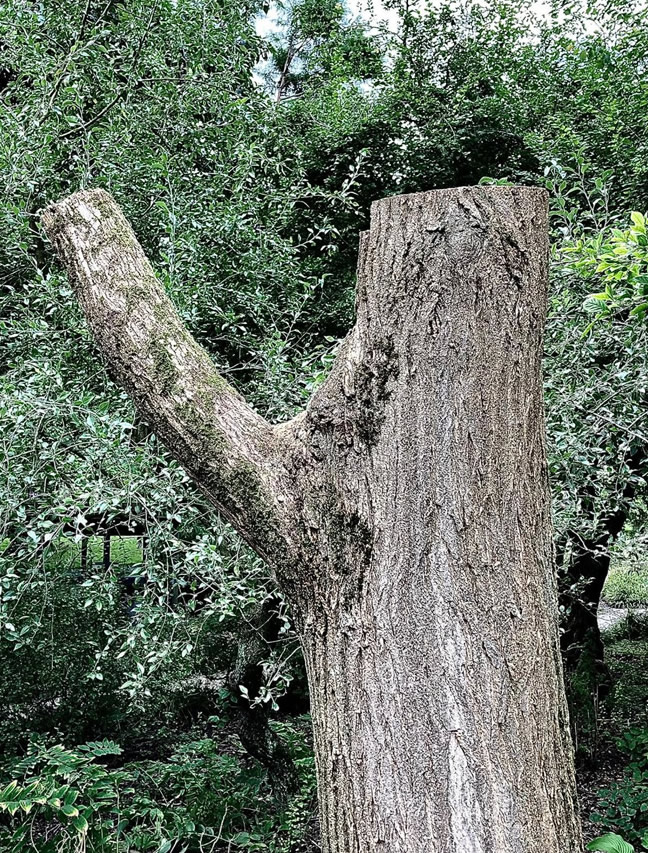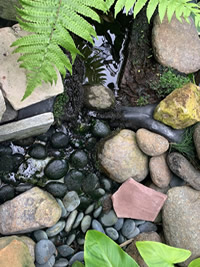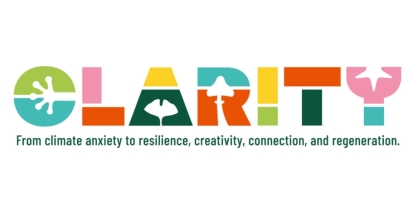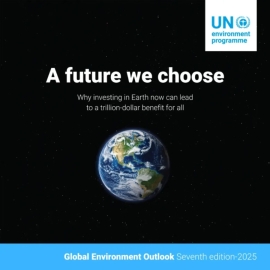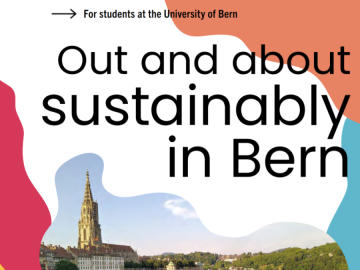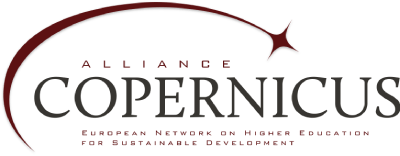The COPERNICUS Alliance was invited by three other networks to represent our European network on higher education for sustainable development at their events: The international week of the Top Management Programme for senior higher education leaders organized by Advance HE, the Annual Meeting of PRME’s chapter France & Benelux, and the Summit for Future Generations of the Foundation for Future Generations. We provide a brief overview of the key messages given and taken during these three events.
Senior higher education leaders daring to transform learning
On 20 September, just after our Higher Education Summit, the CA (represented by Co-President Tom Kuppens) hosted a workshop on higher education for sustainable development for a delegation of university leaders brought together by Advance HE. The latter is a member-led, sector-owned charity that works with institutions and higher education across the world (but mainly well established in the UK, Australia and New Zealand) to improve higher education for staff, students and society. Their vision is to achieve higher education providers and systems that are inclusive, sustainable and high-performing in all they do. Therefore, together with QAA, the Quality Assurance Agency for Higher Education in the UK, they developed a guidance document on education for sustainable development. An executive summary is available here.
On the advice of one of its members, Advance HE invited the CA to the international module of their Top Management Programme, which is a training programme for senior positions in the management of higher education institutions. For this year’s edition, Advance HE settled down in Amsterdam to get inspired by HEIs in the Netherlands. On day two of the programme, the CA hosted a workshop on “Daring to transform learning for a future-proof economy” in line with this year’s topic of the Higher Education Summit. After a short presentation of the CA’s network and activities, we visited the botanical garden De Hortus in order to get connected with nature during the workshop. During their walk from the hotel to the botanical garden, the participants had to form groups with one or two other fellow participants to discuss what ‘sustainability’ means to them within the context of their profession. They had to conclude with a photo voicing exercise, in which the participants took and shared pictures of things they could see in the botanical garden and made them think of the discussion they had (see photos below).
After setting the scene by negotiating these meanings of sustainability, the participants joined a world café to discuss the same questions that were posed to the keynotes during the Higher Education Summit. The participants consecutively discussed why and how to rethink the curricula in higher education, what co-creative and transformative pedagogies could serve this purpose and how institutions can move from learning about to learning for and as sustainability. This led to fruitful discussions in which the participants agreed that the curricula should enable students not only to think, but also to act in context now and in the future, with students as co-creators of the curriculum. The participants see sustainability as a key part of professional education and they proposed authentic assessment in the service of learning for sustainability, including proper reward and recognition for staff. Afterwards, the participants received the link to the CA Resources web page, where they could confront their answers with the ones of our keynotes.
After the session, discussions kept going in the WhatsApp group that was created to share the photos in the photo voicing exercise.
|
|
|
|
|
|
“Use immersive devices to avoid |
“Planned sustainability will not involve |
“Acting today with tomorrow in mind.” |
Sharing experiences with designing and delivering sustainability programs
On 13 October, the CA participated in the annual meeting of the France & Benelux chapter of PRME (Principles for Responsible Management Education) at the Rotterdam School of Management of Erasmus University. This year’s topic was “Responsible Management Education: How to Drive Positive Change”.
The afternoon session was opened by Dr. Mette Morsing, Head of PRME, who gave an update on PRME Global. She started her speech by referring to UN Secretary General Antonio Guterres who said that there is an urgent need for corporate leadership as businesses need to find solutions now. PRME is UN’s largest movement to transform management education. 30 % of the students in tertiary education study business, management, law or economics, which makes this field of study the largest in higher education. The global challenges require new leadership skills from students. Universities do not educate to become craftsmen only, but should also educate for world citizenship. Therefore, in close collaboration with the LEGO Foundation, Project Zero of Harvard Graduate School of Education, and Sulitest, PRME is developing its ‘impactful 5’ (i5). Subsequently the i5 were proposed by Dr. Dirk Moosmayer, Head of the Chapter i5 Pedagogy Group. The i5 is a set of skills devised to make responsible leadership education more playful. The PRME i5 program develops methods to combine cognitive skill set training with creative, emotional, social and physical skill set training. Iteration is an important characteristic of i5, so that students can be allowed to make mistakes.
After the opening session, the CA participated in a breakout session on “Sharing Experiences with Designing and Delivering Sustainability Programs”. After sharing our experiences in multidisciplinary collaborations in the CA network, Dr. Emma Avetisyan of the Audencia Business School in France, presented their one-week CSR course on sustainable business (3 ECTS). Next, Nadine Burquel of the Maastricht University School of Business & Economics presented their transformational initiatives in their business school that has AACSB, Equis and AMBA accreditation. Finally, Dr. Helen Etchanchu of the Montpellier Business School gave a talk on their certificate of sustainable transformation management at their ‘campus de la transition’. The work has been compiled in and inspired by the ‘Manuel de la grande transition’. Students participate in an immersion in a natural environment to acquire skills as systems thinking, sustainable finance, communication and storytelling.
We thank Kim Ceulemans and Krista Finstad-Million who invited us. It was amazing to see all those good examples throughout business schools in France and the Benelux.
How should business schools evolve to leverage societal transformation?
On 22 November, the CA was invited to be a stakeholder at the Future Generations Summit of the Belgian Foundation for Future Generations. Each year, this foundation issues the HERA (Higher Education & Research Awards) awards for young researchers and students who think and act according to a 360° perspective, i.e. taking a holistic stand towards sustainable development. CA Co-President Tom Kuppens took part in a debate on the topic “How should business schools evolve to leverage societal transformation?” Apparently, less than 1 % of investments in Belgium have an explicit sustainability goal. Students stated that sustainability is integrated in higher education mostly as eligible courses, so a structural embeddedness of sustainability in business schools is still lacking. During the debate, we shared our learning from the Higher Education Summit and our participation at the PRME annual event. It certainly sparked interest, as the Foundation for Future Generations will follow up on this topic in their Future Generations Summit. Keep up the good work!

